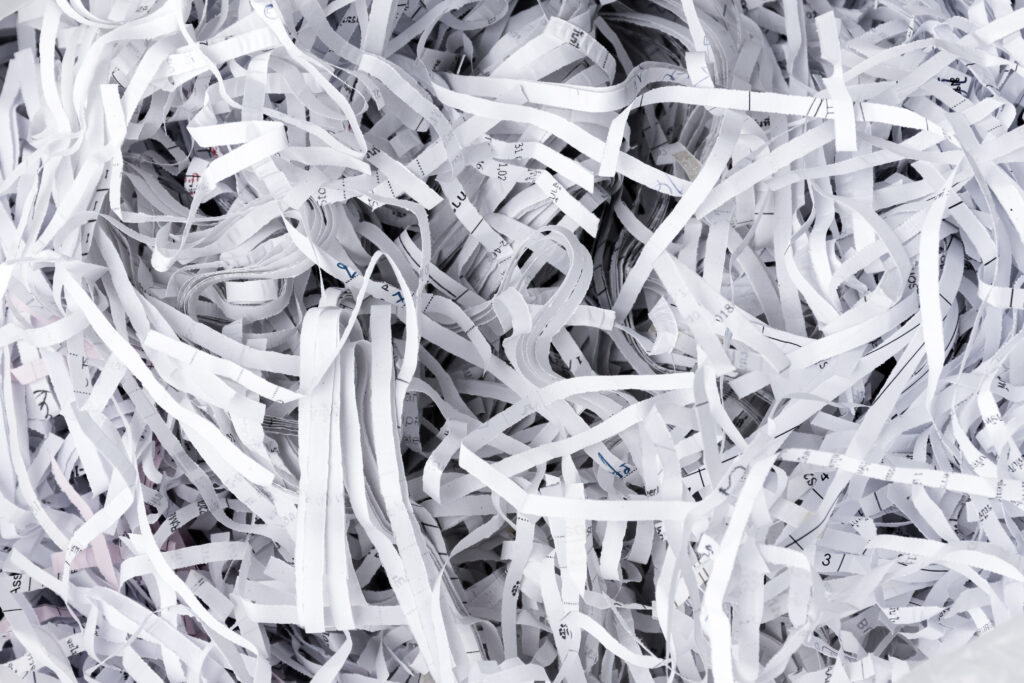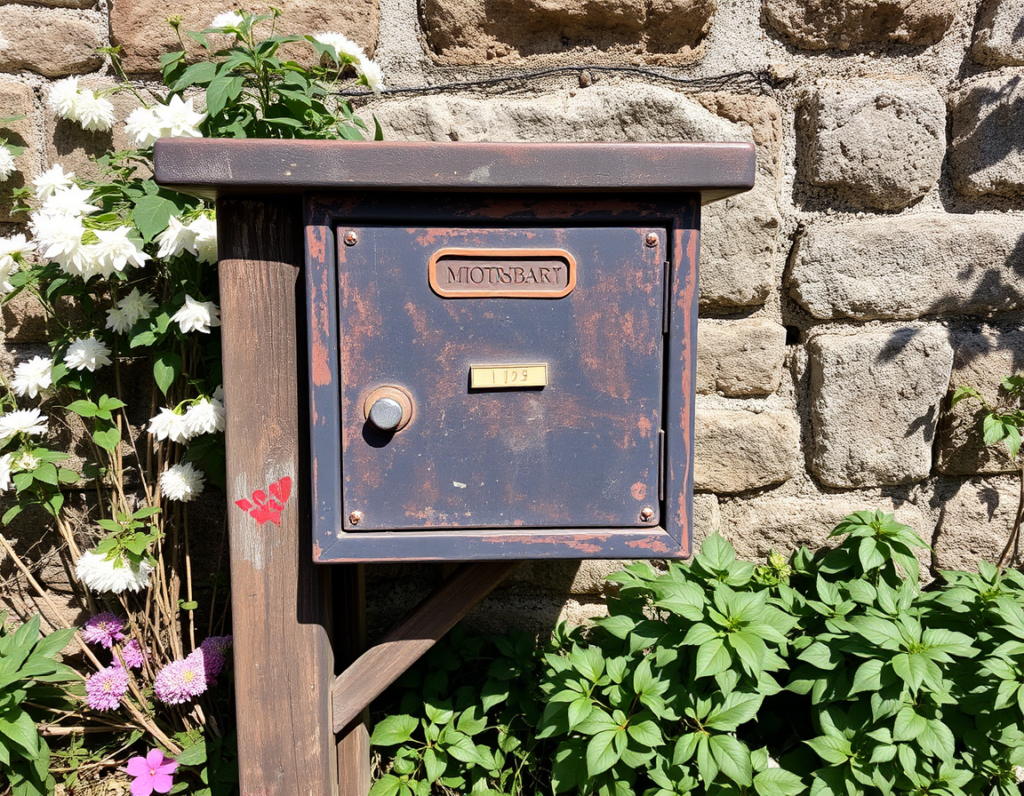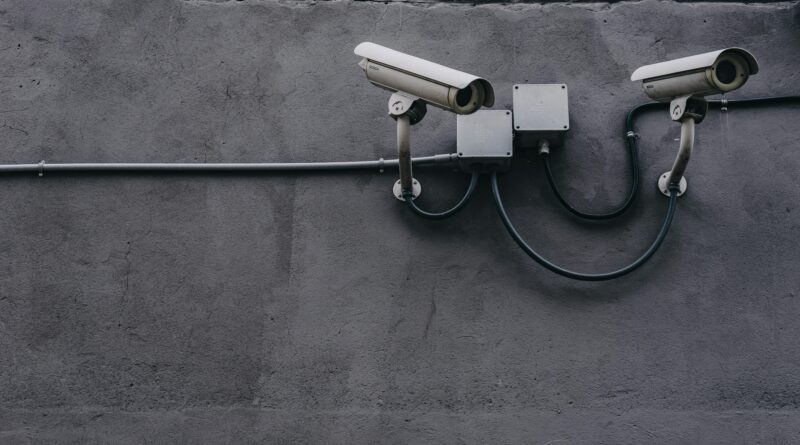Top Offline Security Practices To Protect Sensitive Information
It is important to follow a wide range of offline security measures to keep your private personal information safe. Next check out the best ways to keep your information safe are listed below:
Measures For Physical Security
Limit Who Can Access Your Data Storage
Keep all of your gadgets and storage media in safe places. Lock areas where private data is stored securely, and consider installing surveillance systems.
Protect Your Devices
Tablets, hard drives, and other electronics should be kept in locked rooms or safes when they’re not in use. Do not leave your gadgets unattended in public places.
Proper Dispose Documents And Shipping Labels

- If you have to dispose of documents with sensitive information, make sure you shred those papers, and if possible if in your work area or home you have multiple dumpsters try to dispose them in different dumpsters so they don’t have all the pieces in the same place.
- You could also incinerate it in a controlled space if it’s just a few sheets, also make sure that shipping labels at the moment of disposal don’t show your address, full name, or phone number, as you never know who may be snooping on the trash cans with evil intents.
Beware Of Shoulder-surfers

When typing in passwords, checking your bank statements, or reviewing sensitive information on your phone or laptop, make sure you lean, or reposition your device to cover the information from people around you, just the same as when you are at the ATM withdrawing money you should cover your password and don’t allow anyone to be close to you.
Use Proper Mailboxes
- Make sure that you use mailboxes or places where you can receive any correspondence without the risk of unauthorized people snooping and retrieving the packages, this will prevent them from intercepting your mail and retrieving possible sensitive information from your mail.
- Also, this will prevent porch thieves from stealing your packages, if possible always have a surveillance system where you receive your packages for improved security and to help discourage thieves from taking away your packages.
Use Safe Places To Back Up
Keep backups in a safe place, like a safe or a secure building away from your home or business. This keeps thieves and natural events from getting in.
Tips For Managing Data
Delete Old Data On A Regular Basis
You can review and safely shred or delete data that is no longer needed on a regular basis to lower the risk of data breaches. This will help you keep as little private data as possible at risk.
Keep Your Backups Safe
Always save copies of your data on something that can’t be accessed online, like a M-Disc, portable hard drive, or pen drives. Also, make sure that these copies are kept safely. This keeps your info safe in case it gets stolen or your hardware breaks.
Use Encryption To Protect Data
Secure information kept on offline devices by encrypting them. This provides an extra layer of security, making it hard for people who aren’t supposed to have access to your data to get to it even if they physically get to your storage media.
You can learn more about encryption in this article: Data Encryption: Importance and Advanced Systems.
Offline Security Awareness For Employees Or Family Members.
Teach About Security Protocols:
If you manage a team or have family members who have access to sensitive info, teach them how to keep it safe. Stress how important it is to keep passwords to yourself and be careful when physically accessing gadgets.
Make People More Aware Of The Risks Of Social Engineering
- People should be taught to spot social engineering tricks that could allow hackers to get into their data without permission, like phishing scams and fake identity efforts.
- One important piece of advice is whenever you receive a phone call, always demand to know who’s calling or from which company they are contacting you, if you know the person, be aware that if they call from a different phone number you should suspect, as artificial intelligence can be used to clone voices almost perfectly, and this could be used by scammers or other criminals to deceive you and obtaining sensitive information or even to request money to be sent to unusual bank accounts or mobile wallet accounts claiming they have an emergency.
- Before taking any action, you could try to contact the person at their real phone number to verify the information or ask for any reason why they are not calling from their original phone number.
Audits And Evaluations Done Regularly
Perform Security Audits
Check your security measures and processes on a regular basis. Check the way data is stored and viewed for possible security holes and fix them as needed.
Look Over The Access Controls
Make sure that only people who are supposed to have access to private data do. Set up strict access rules that limit who can see or change data based on need.
Also, you could restrict employees from accessing outside the IP’s that are authorized, and off hours to prevent attacks from hackers who could have stolen credentials.
Smartly Use Technology
Put On Security Software
Protect any gadgets that store private data by installing antivirus and anti-malware software. To protect yourself from new threats, keep this software up to date.
Protect Your Debit And Credit Cards
- Nowadays almost all the credit and debit cards have the contactless feature, and this could be potentially risky if you carry your cards in a standard wallet, so it is always recommended to use any wallet that has RFID shield, as this will prevent any criminals from using any mobile dataphones or pin pads to scan your cards and stealing money from your bank account.
- If you usually don’t make cashless payments with your cards, phone, or smartwatch, you can contact your bank to see if it’s possible to lower the amounts allowed by cashless payments.
Consider Cyber Insurance
If you want to feel even safer, you might want to buy cyber insurance. This will help you recover from losses caused by a data breach or hack.
Through these actions, you can greatly improve the safety of your offline personal information, keeping it safe from both theft and illegal access.
